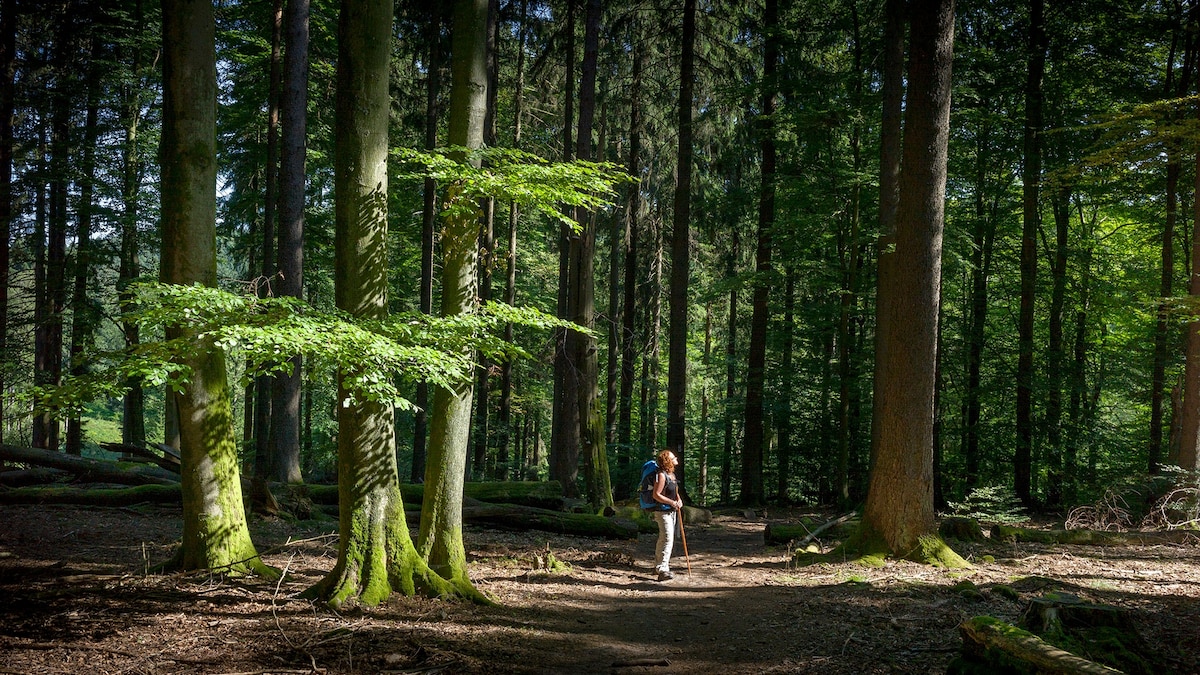Now Reading: Discover Germany’s Unique Culinary Hiking Trail
-
01
Discover Germany’s Unique Culinary Hiking Trail
Discover Germany’s Unique Culinary Hiking Trail

Quick Summary
- Location & Setting: The Stausee-Tafeltour trail in Saarland, Germany offers lush forests, scenic benches, wooden bridges, and views of Losheim Lake. It is part of the eco-friendly Saar-Hunsrück-Steig trail network.
- Trail Features: Certified as a premium hiking destination by the German hiking Institute; includes points of interest like Scheiden village (highest in Saarland), Kneipp facility (foot bath), SeeGarten floral park, and interactive water playground for children.
- Culinary Highlights: Trail features food chests stocked with local specialties like bottled Karlsbrau beer and sparkling apple juice on an honor system. regional dining options are available along the way,showcasing local culture through food.
- accommodation Options: Visitors can stay at hotels like Seehotel-Losheim or Pension-Gasthaus Scheidener Stuben or opt for camping facilities like wellnester Losheim am See if planning multi-day hikes.
- Awards & Trends: Rated “RegionalGenuss” for promoting culinary tourism; aligns with global travel trends emphasizing active vacations and gastronomy experiences.
Indian Opinion Analysis
The Stausee-Tafeltour trail reflects how integrating nature-based tourism with regional gastronomy can elevate visitor experiences while supporting local economies. Given India’s diverse landscapes and rich culinary heritage, adopting similar initiatives could strengthen India’s eco-tourism sector by emphasizing cultural immersion alongside outdoor adventures. Trails pairing stunning scenery with indigenous cuisine might appeal to both domestic and international travelers seeking holistic travel experiences.
India’s success in eco-tourism has historically relied on its ability to balance accessibility with environmental sustainability-a principle echoed in Germany’s certification process for trails based on criteria such as untouched landscapes and user-friendly amenities. Lessons from this model could inform future developments aimed at enhancing India’s rural tourist attractions while fostering socio-economic benefits to nearby communities.
Globally evolving travel trends toward active vacations suggest tremendous growth potential for regions that can blend nature-based activities with unique cultural offerings-a promising avenue India must consider exploring further given its vast untapped resources.

























